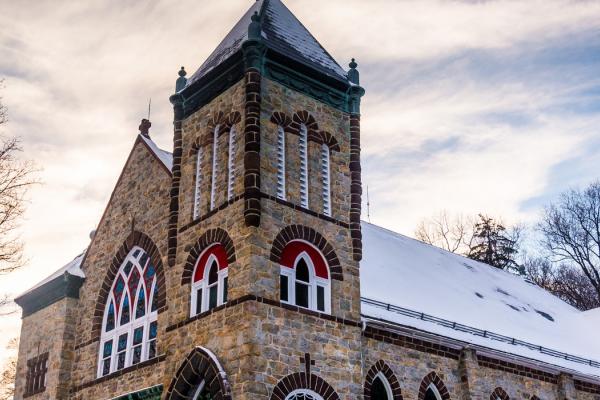Mar 1, 2016
According to the Broken Silence survey (commissioned by Sojourners and IMA World Health), faith leaders play a key role in preventing and responding to such violence. Though a majority of respondents reported feeling ill-equipped to deal with issues of sexual and domestic violence in their congregations and communities, an overwhelming majority of faith leaders (81 percent) indicated that they would take appropriate action to reduce such violence if they had the training and resources to do so.
This gap is precisely why seminaries and divinity schools are essential to addressing domestic abuse and sexual assault. Your theological schools can and must take the lead on educating more faith leaders about sexual and gender-based violence.
Read the Full Article

Already a subscriber? Login
